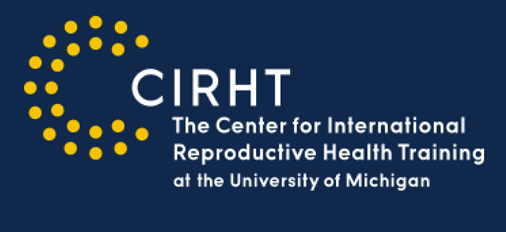Speakers
Description
Background: Globally, more than 73 million abortions occur annually, and up to 45% of these are incomplete culminating into complications like maternal death. An estimated 21.6 million unintended pregnancies occur each year in Africa; of these, nearly 38% end in abortion, with Sub-Saharan Africa alone contributing 8.0 million. In east Africa, abortion rates have not declined since 1990 and the abortion rate for Uganda is slightly higher than the estimated rate for the East Africa. Majority of these end up incomplete, leading to severe outcomes, contributing to maternal morbidity and mortality. According to the MVA is a safe and effective method for surgical management of incomplete abortion. The WHO (2022) recommended nurses and midwives to provide MVA services in resource-limited settings.
Methodology: The study was conducted in 31 government health centers (II and III) in 15 districts of northern Uganda, and involved 414 nurses and midwives (Certificates and Diploma) working in those health centers. A simple random sampling method was used. Data was collected using a structured questionnaire after informed onsent and analyzed using Stata version 18. Descriptive statistics were used to report knowledge, attitude and practice of MVA.
Results: Of the 414 respondents, 90.3% were knowledgeable about the full meaning of Manual Vacuum Aspiration (MVA), and 88.7% could correctly identify the tools used. However, only 45.7% of the participants had ever performed MVA. The main barriers to practice were lack of proper experience (72.4%) and insufficient materials (13.3%). Despite high knowledge levels and generally positive attitudes, the practice of MVA remains limited among lower cadre health workers in Northern Uganda.
Conclusion: This study reveals that while knowledge and attitudes toward MVA among lower cadre health workers in Northern Uganda are high, practical application remains limited due to skill gaps and resource constraints. Addressing these barriers through targeted training programs and improved resource availability is critical for enhancing the practice of MVA and reducing abortion-related morbidity and mortality in the region.
Keywords: Manual Vacuum Aspiration (MVA), incomplete abortion, knowledge, attitude and practice.


